|
Clean
Rivers
“Environmental protection” has a
relatively young history in industrial nations. In the
1970-ies the expression “environmental protection” was
implemented for the first time Discussions about the bad
impact of the industrialization on the environment raised.
Headlines such as “forest dieback” and “acid rain” appeared in
the daily news. The awareness of the general public was woken.
Peopled went demonstrating for clean water, air and food on
the street. “Green parties” moved into the
parliaments.
The development of the industrial nations during
the last 40 years shows that there is a turning away from the
traditional way of producing energy and
products.
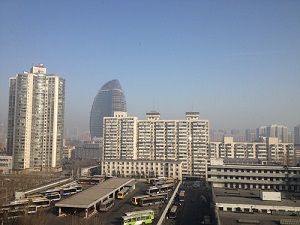
River pollution is beside the air pollution one of the
most severe environmental threat in China. Millions of people
live along, with and from the rivers. Especially the
mining industry is one of the largest polluter.
In Central
China, in the Henan Province, around Lingabo City, seven
large rivers discharge into the Yellow River. All seven rivers
are highly polluted by the activities if the gold mining
industry. Contaminated sediments are transported permanent
into the yellow river and destroy the livelihood of fishers
and farmers.
In collaboration with the office
for landscape architecture in Beijing, Modul 16, greenKon
developed a holistic approach for the remediation of the seven
rivers for the mayor of Lingbao submitted in 2014 a
complete master plan for "Clean
Rivers".
|
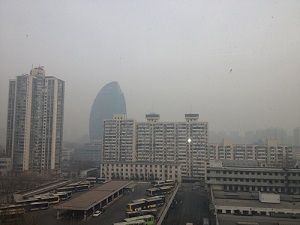
Factories were equipped with combustion gas
desulfurization. The governments started to invest in the
projected development of renewable energy.
China's
situation today can be compared with the situation of the
industrial nations in the 1970-ies. It is on time to implement
environmental protection measures in order to ensure a safe
and healthy environment with clean air, water and safe
nutrition. The industrial nations with 40 years of experiences
in “environmental protection” are able to transfer knowledge
and best practice to China
.
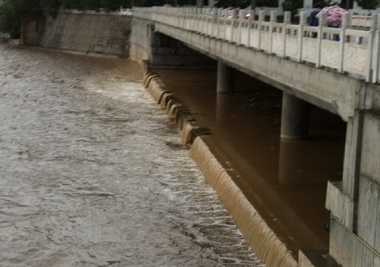
|
Smart Cities
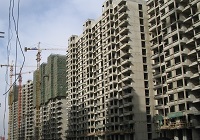
The building and
infrastructure sector is one of the largest energy consumers
in China. To cover this increasing energy demand for the
production of building material is already today one of the
largest challenges for the country. The production of building
material has to become more efficient, less energy consuming
and more sustainable. “Less is more” - there is a need for the
development of a new generation of high quality construction
material, which requires a reduced amount of raw material. For
example one third of cement could be saved by using modern
technologies and special concrete
mixtures.
 |
Urbanisation is one
of the man objectives of the Chinese politics. More than 50%
of the Chinese population live in urban areas and benefit from
the improvement of life quality. And the migration into cities
persists. Due to this development the demand on sufficient
living, working space, and transport infrastructure is
increasing. Large business and residential complexes dominate
the cityscape of modern Chinese metropolises. Every day new
tower buildings are raised, numerous kilometres of underground
transport occur beneath the towns, new highways cross the
cities and the country side. However the lifetime of the
building and transport infrastructure is in general much lower
than in western countries.
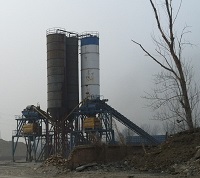
During the years in China several
greenkon activities were related to the topic "Smart
Cities in China". greenkon developed together with
the architecture office "purple leaf" and the
company "German Biogas"a concept for "Smart
Cities".
|



